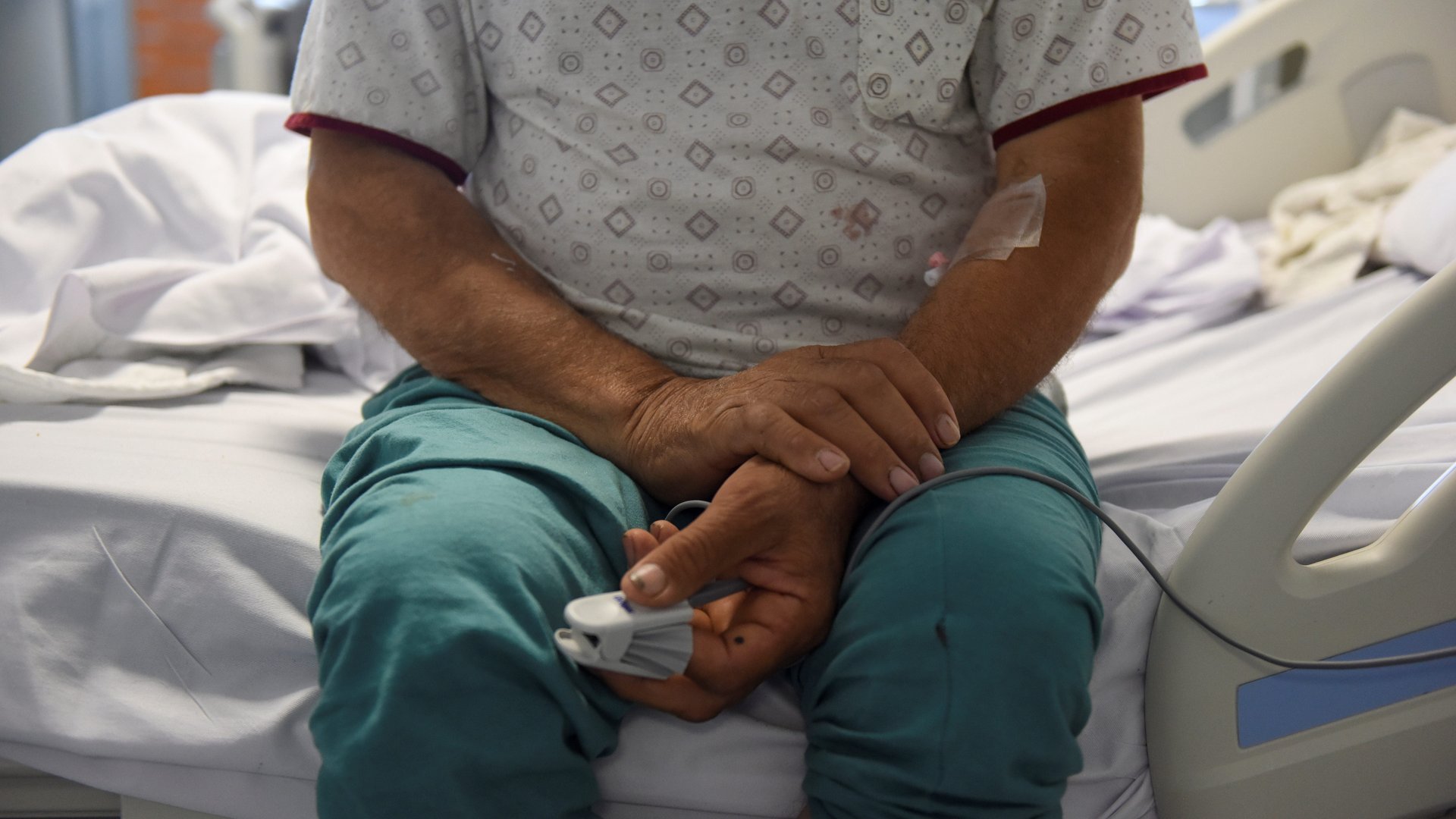Scientists are getting closer to understanding long Covid
For many patients who contracted Covid-19, the illness doesn’t end once they test negative for the virus. After six months, as many as 68% of patients continue to experience at least one lingering symptom, according to a recent study; a year after infection, half of all Covid-19 patients do.


For many patients who contracted Covid-19, the illness doesn’t end once they test negative for the virus. After six months, as many as 68% of patients continue to experience at least one lingering symptom, according to a recent study; a year after infection, half of all Covid-19 patients do.
Understanding what is colloquially referred to as “long Covid” has been difficult. Researchers have suspected the variety of symptoms, which can range from fatigue to shortness of breath to cardiac issues, could be the result of genetic factors, blood clots, or even viral particles that linger in the body.
But a new study published in the open-access journal PLOS One found a possible explanation: Antibodies that linger after an infection has been cleared may be causing the immune system to mistakenly attack the body.
Long Covid could be similar to an autoimmune disease
The research, led by John Arthur, a professor of nephrology at the University of Arkansas for Medical Science, intended to see what biology might be unique to Covid survivors. His team tested the blood plasma of 67 patients who had a confirmed case of Covid-19, and 13 with no history of infection.
The patients with Covid-19 were currently being treated in a hospital, had recovered from the virus at home, or had been previously admitted to the hospital (convalescent). About 93% of hospitalized patients and 81% of convalescent patients had in their sample a particular antibody that develops about a week after the initial infection, after other antibodies have already been at work to fight the disease.
This antibody does something special: It inhibits a protein, the ACE2 enzyme, which regulates the immune system’s reaction to the infection. That effectively sets the body’s immune system loose on itself, eliciting an inflammatory reaction like those common in autoimmune diseases. This process could explain the kind of symptoms reported by patients suffering from long Covid, and in particular fatigue, which is the most common.
The cohort that tested positive for Covid but had not been hospitalized, in contrast, didn’t have the antibody. This suggests that the antibody may not result from milder Covid-19 cases, which would be consistent with previous research linking the presence of similar antibodies to severe infection. However, the researchers note, this patient group may not have had antibodies because researchers took the sample before the antibody had developed.
What further research will tell us about the evolution of long Covid
While the study identified a promising hypothesis for how the antibody may result in long Covid, further research is necessary to understand why some patients develop long Covid symptoms. Arthur suspects that some patients have higher concentrations of the autoantibody, either based on the way their biology reacts to the infection or because they had a more severe case of Covid-19. The higher the concentration, the longer the presence of autoantibodies in the system, the more prolonged the symptoms.
In order to test this theory, Arthur and his team plan to send out a survey to people who had Covid-19 and are experiencing long-term symptoms, people who were infected but didn’t get long Covid, and to a control group. The researchers will then analyze responders’ plasma to check whether higher concentrations of ACE2 antibodies line up with reports of long Covid symptoms, with a particular focus on fatigue.
Arthur says that if the link between the autoantibody and long Covid is confirmed, it would suggest the symptoms are likely to eventually go away, as antibodies don’t persist in our bodies. If his team’s hypothesis proves to be correct, the next step would be to develop treatments that might stop the key action of the antibody, which would reduce the debilitating symptoms associated with long Covid.